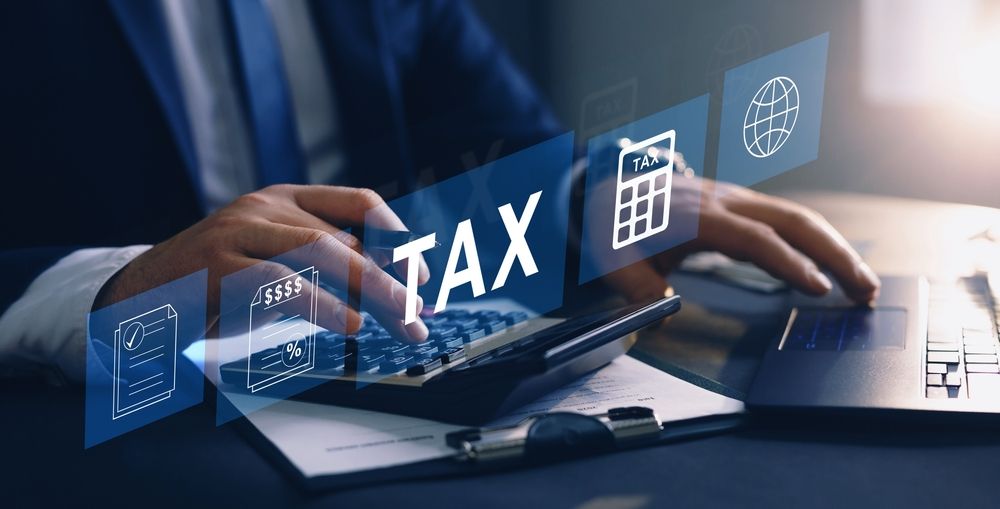
Welcome to our comprehensive guide on tax audits – a topic that often triggers anxiety and confusion among taxpayers. Whether you’re a business owner, a freelancer, or an individual taxpayer, understanding the ins and outs of the audit process can help you navigate it with confidence. In this article, we’ll unveil the mysteries of tax audits and provide essential insights into what they entail, why they occur, and how you can prepare for them. So, let’s dive in and demystify the process for your peace of mind.
What Exactly is a Tax Audit?
A tax audit is a review conducted by a tax authority to verify that income and deductions reported on a tax return are accurate and comply with the tax laws. The thought of an audit often conjures images of intimidating government officials pouring over your financial records, but the reality is usually far less dramatic. In most cases, audits are routine procedures that the tax authority uses to ensure the integrity of the tax system.
There are different types of audits ranging from correspondence audits, which are the simplest and most common, involving mailing in documentation, to office and field audits, which are more in-depth and may require face-to-face meetings with tax officials. Understanding the type of audit you might be facing is the first step to being prepared.
The Common Triggers of a Tax Audit
Tax audits don’t happen at random; certain factors can trigger them. While being selected for an audit doesn’t automatically imply wrongdoing, it’s helpful to be aware of the red flags that could increase your chances of drawing attention from tax authorities.
High-income earners are more likely to be audited, as are those who report no income or substantial losses. Deductions that are disproportionately large compared to income can also raise eyebrows, as can complex transactions, home office deductions, and cash-heavy businesses. Being part of a group that is currently under increased scrutiny by the IRS, such as small business owners or independent contractors, might also put you on the radar.
Remember, though, that some audits are purely statistical, resulting from a random selection process based on a statistical formula.
Preparing for a Tax Audit
The key to successfully navigating a tax audit is preparation. Start by reviewing the tax return in question. Understand every item reported and ensure that you have the documentation to back it up. This includes receipts, bills, logs, legal papers, and other relevant records. It’s crucial to organize these documents neatly, making it easier for the auditor to verify your information.
Consider consulting with a tax professional who can provide guidance and represent you before the tax authority if needed. A tax expert can help you understand the scope of the audit, the issues at hand, and the best way to present your information.
During the Audit: Best Practices
If you find yourself in the midst of an audit, there are best practices to follow that can help the process run more smoothly. First and foremost, stay calm and professional. Understand that the auditor is doing their job and that you are entitled to fair treatment and a clear explanation of any findings.
Be punctual and cooperative during meetings, and provide only the information requested – offering additional details might lead to further scrutiny. If you’re uncertain about a question, it’s okay to say you’ll provide the information later, after consulting with your advisor. Always take detailed notes during any interactions and keep a copy of any documents you furnish.
The Outcomes of a Tax Audit
Once the audit is complete, the auditor will present their findings. If they propose changes to your tax return, you will receive a detailed report explaining the adjustments. At this point, you have several options: you can agree with the findings and pay any additional taxes owed, you can disagree and provide further documentation, or you can appeal the decision through the tax authority’s appeals process or, ultimately, through tax court.
It’s essential to respond promptly to the audit findings and to understand your rights and options. A tax professional can be invaluable in helping you navigate the post-audit process.
Tax audits are a part of the tax system designed to ensure fairness and compliance. They need not be feared but should be approached with a thorough understanding and preparedness. Remember that knowledge is power – by understanding the triggers for an audit, how to prepare, best practices during the audit, and your options after the findings, you’ll be in a strong position to handle the process professionally and confidently.
Should you find yourself selected for an audit, keep in mind that it’s a normal procedure and, with the right preparation and mindset, it can be an opportunity to demonstrate your commitment to tax compliance. With this guide in hand, you’re now better equipped to face a tax audit with a sense of assurance and control. Remember, while an ounce of prevention is worth a pound of cure, a pinch of preparation is worth a ton of peace when it comes to tax audits.
